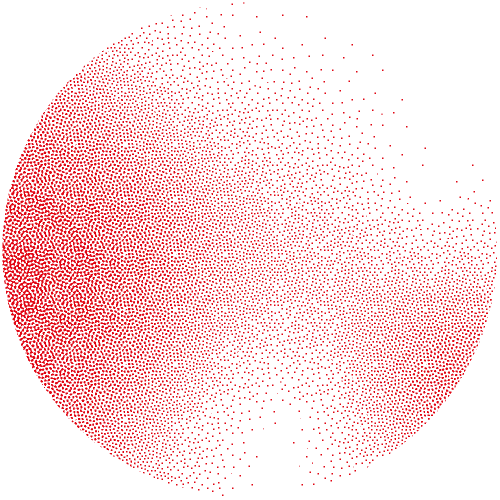ATGCCGGAATTGGCACATAACAAGTACTGCCTCGGTCCTTAAGCTGTATTGCACCATATGACGGATGCCGGAATTGGCACATAACAAGTAC
TGCCTCGGTCCTTAAGCTGTATTGCACCATATGACGGATGCCGGAATTGGCACATAACAACGGTCCTTAAGCTGTATTGCACCATATGACG
GATGCCGGAATTGGCACATAACAAGTACTGCCTCGGTCCTTAAGCTGTATTTCGGTCCTTAAGCTGTATTCCTTAACAACGGTCCTTAAGG
ATGCCGGAATTGGCACATAACAAGTACTGCCTCGGTCCTTAAGCTGTATTGCACCATATGACGGATGCCGGAATTGGCACATAACAAGTAC
TGCCTCGGTCCTTAAGCTGTATTGCACCATATGACGGATGCCGGAATTGGCACATAACAACGGTCCTTAAGCTGTATTGCACCATATGACG
GATGCCGGAATTGGCACATAACAAGTACTGCCTCGGTCCTTAAGCTGTATTTCGGTCCTTAAGCTGTATTCCTTAACAACGGTCCTTAAGG


NGS - Quality Control, Alignment, Visualisation



19 October 2020




For-profit: 900 CHF

Next course(s):
| 17 - 19 May 2021 |

|
Streamed |
| 03 - 05 Nov 2021 |

|
Bern |
| 16 - 18 May 2022 |

|
Bern |
| 21 - 23 Nov 2022 |

|
Streamed |
| 15 - 17 May 2023 |

|
Bern |
| 22 - 24 Nov 2023 |

|
Bern |
| 15 - 17 Apr 2024 |

|
Streamed |
| 20 - 22 Nov 2024 |

|
Streamed |
** The course is now full with a waiting list. Applications are closed. There will be an other session next year. Thank you for your understanding. **
This course will be streamed only for the registered participants. Registered participants will receive specific information directly from the respective course’s organizers.
Overview
Next Generation Sequencing (NGS) methods have had a large impact on many biological fields due to a very rapid decrease in cost and throughput. It often results in hundreds of gigabytes of data. This makes the downstream analysis very challenging and requires bioinformatics skills. In this module, we will introduce the most used sequencing technologies and explain their concepts. Using different datasets, we will practice quality control, alignment of reads to a reference genome and visualize the output.
Audience
This course is intended for life scientists who are already dealing with NGS data and would like to be able to start analysing them.
#Learning Objectives At the end of the course participants should be able to:
- understand the basics of the different NGS technologies
- perform quality control for better downstream analysis
- align reads to a reference genome
- visualize the output.
Prerequisites
Knowledge / competencies:
Participants should have a basic understanding of working with the command line on UNIX-based systems like Linux or Mac. If you do not feel comfortable with UNIX commands, please take our UNIX fundamentals e-learning module.
Technical:
Participants should bring their own computers and chargers. Computers should have WI-FI access, at least 4 GB RAM and 50 GB free disk space.
Application
The registration fees for academics are 180 CHF and 900 CHF for for-profit companies.
You will be informed by email of your registration confirmation. Upon reception of the confirmation email, participants will be asked to confirm attendance by paying the fees within 5 days.
Deadline for registration and free-of-charge cancellation is set to 19 Oct 2020. Cancellation after this date will not be reimbursed.
Please note that participation to SIB courses is subject to this and other general conditions, available here.
You will be informed by email of your registration confirmation.
Location & Time
Streamed from Bern
The course will start at 9:00 and end around 17:00. Precise information will be provided to the participants on due time.
Additional information
The course will be taught by Geert van Geest.
Coordination: Valeria Di Cola, Training group at SIB.
We will recommend 0.75 ECTS credits for this course (given a passed exam at the end of the course).
You are welcome to register to the SIB courses mailing list to be informed of all future courses and workshops, as well as all important deadlines using the form here.
Please note that participation in SIB courses is subject to our general conditions.
SIB abides by the ELIXIR Code of Conduct. Participants of SIB courses are also required to abide by the same code.
For more information, please contact training@sib.swiss.